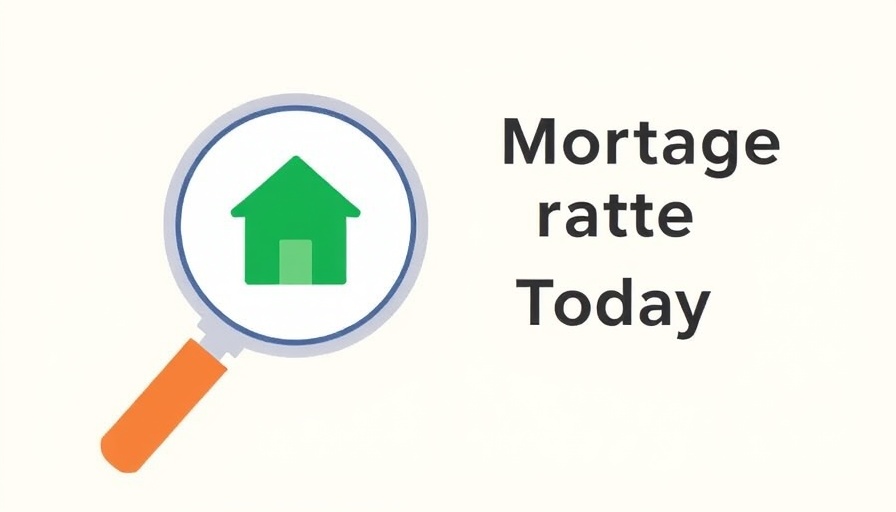
Understanding the Financial Landscape for Women
The recent NerdWallet survey highlights a concerning disparity in financial security between women and men. More than 43% of Americans acknowledge that women face unique challenges, with many expressing that they struggle more financially. As a small business owner or manager, understanding these realities is crucial. It sheds light on the broader socio-economic barriers women face, including wage gaps and underrepresentation in high-paying roles.
1. Build a Stronger Financial Foundation
One of the first steps towards financial empowerment for women is to establish a solid financial foundation. This includes creating a budget, managing expenses, and prioritizing savings. A high percentage of women report being financially dependent on their partners, which can create vulnerability. By taking control of finances, women can work towards independence. Utilize digital tools like budgeting apps or financial management software to track your income and expenses effectively.
2. Invest in Financial Education
Education is a powerful tool when it comes to managing personal finances and investments. Women are less likely than their male counterparts to have received raises or promotions, making knowledge acquisition essential. Workshops, online courses, or financial literacy resources can provide the necessary skills to navigate investments confidently. Consider platforms that offer investment courses tailored to beginner investors aiming to make informed decisions about their financial futures.
3. Network and Create Support Systems
Women can significantly benefit from building a strong network of peers who share similar financial aspirations. Networking events or local business associations can facilitate connections with other women who understand the challenges unique to their situations. This support system can lead to mentorship opportunities, shared resources, and collaborative financial goals. Sharing experiences can also empower others to realize their potential and engage more with their finances.
Counterarguments to Challenge Existing Myths
It’s important to address common misconceptions that hinder women’s financial progress. For instance, some believe that investing is ‘too complicated’ or that they need a significant amount of money to start. In reality, many platforms allow for low-cost entry into investment opportunities. Challenging these myths can open doors for women who might otherwise feel intimidated by financial markets.
Emotional Considerations
The emotional impact of financial insecurity cannot be understated. Many women may feel inadequate in their financial capabilities compared to their male counterparts. This feeling can deter them from seeking advice or making bold financial decisions. By highlighting stories of women who have successfully navigated their financial journeys, we can inspire and encourage more women to take proactive steps towards financial independence.
The Future of Women’s Financial Empowerment
Looking ahead, the landscape for women in finance is shifting towards greater inclusion. The push for gender equality in salaries and leadership positions is gaining momentum. By advocating for policies that support women’s financial growth, businesses can create an environment where women feel empowered to take charge of their financial futures. Small business owners play a pivotal role in this transformation—fostering fairness and mentorship can lead to meaningful change.
In conclusion, financial security is vital for women. By taking actionable steps to strengthen their finance management, like building a solid foundation, investing in education, and networking, women can empower themselves for a more secure future. Everyone has a role in advancing these goals by supporting policies that promote equality and financial literacy.
To take your financial management to the next level, stay informed and explore new financial tools and resources designed to help you succeed in your business endeavors.
 Add Row
Add Row  Add
Add 




Write A Comment